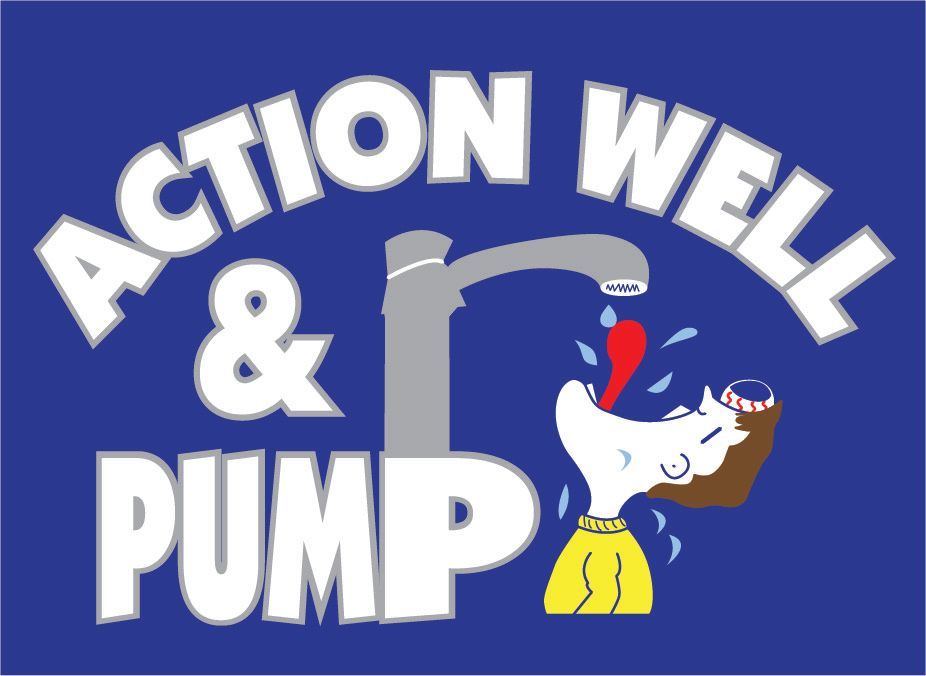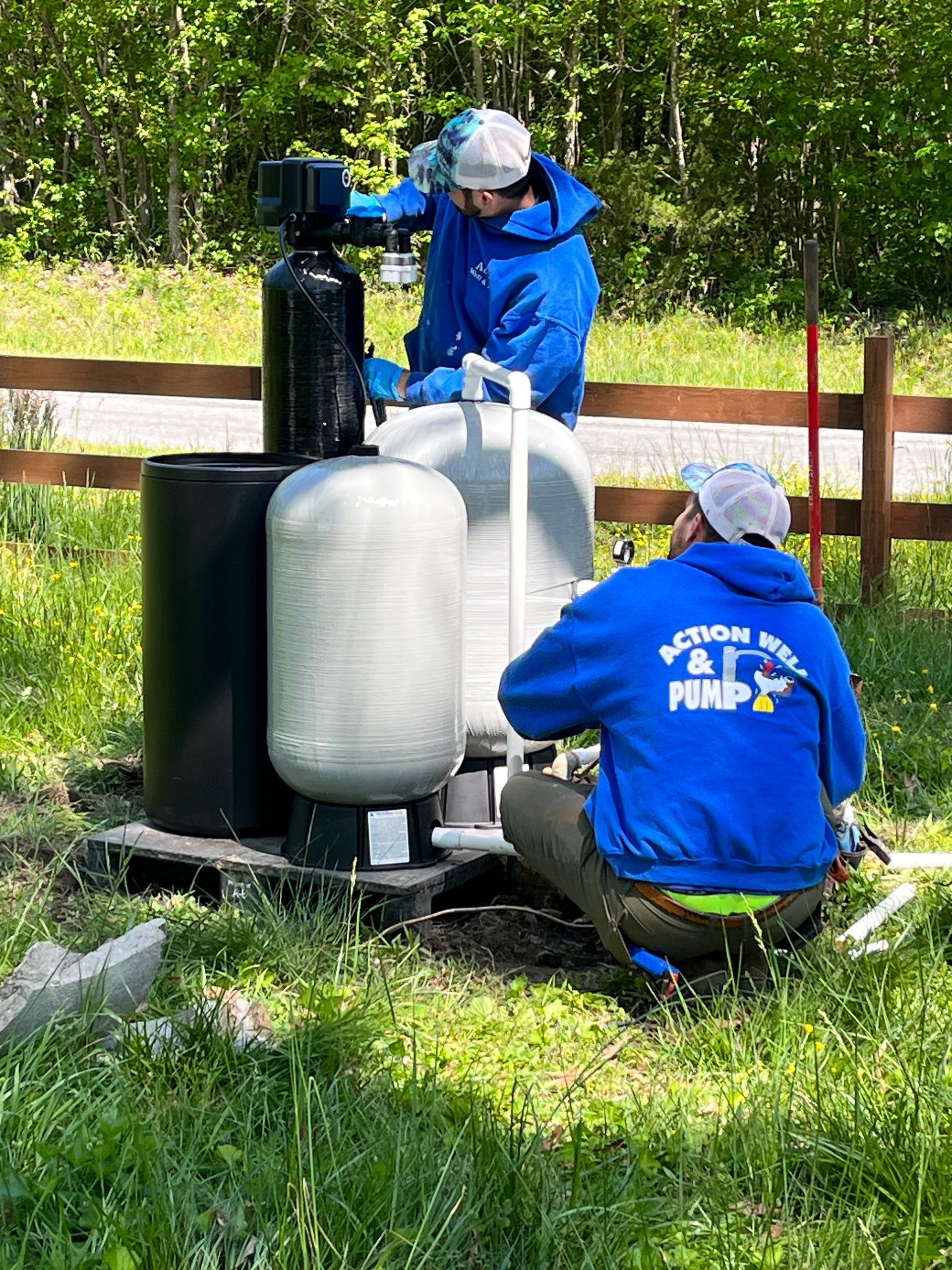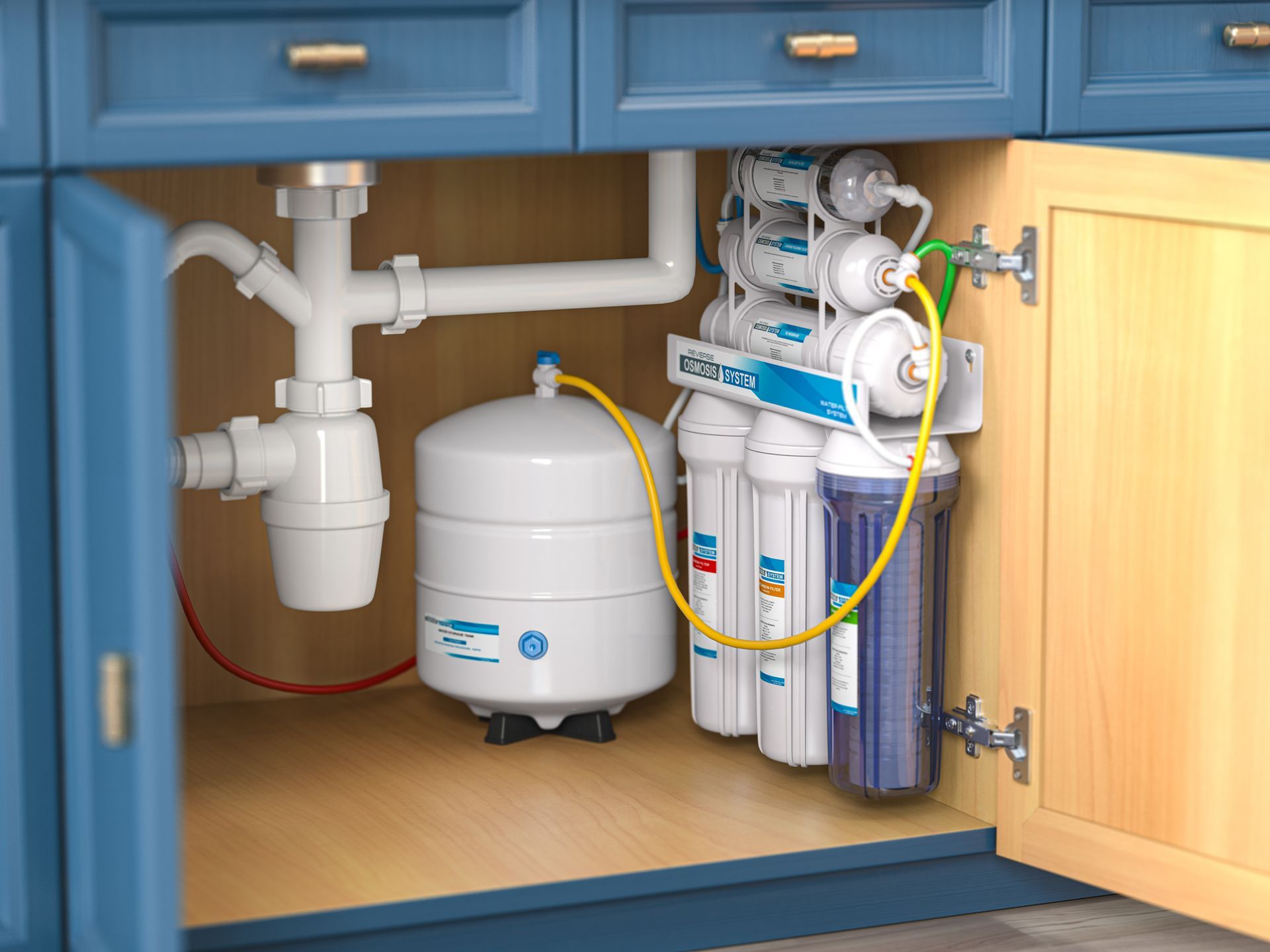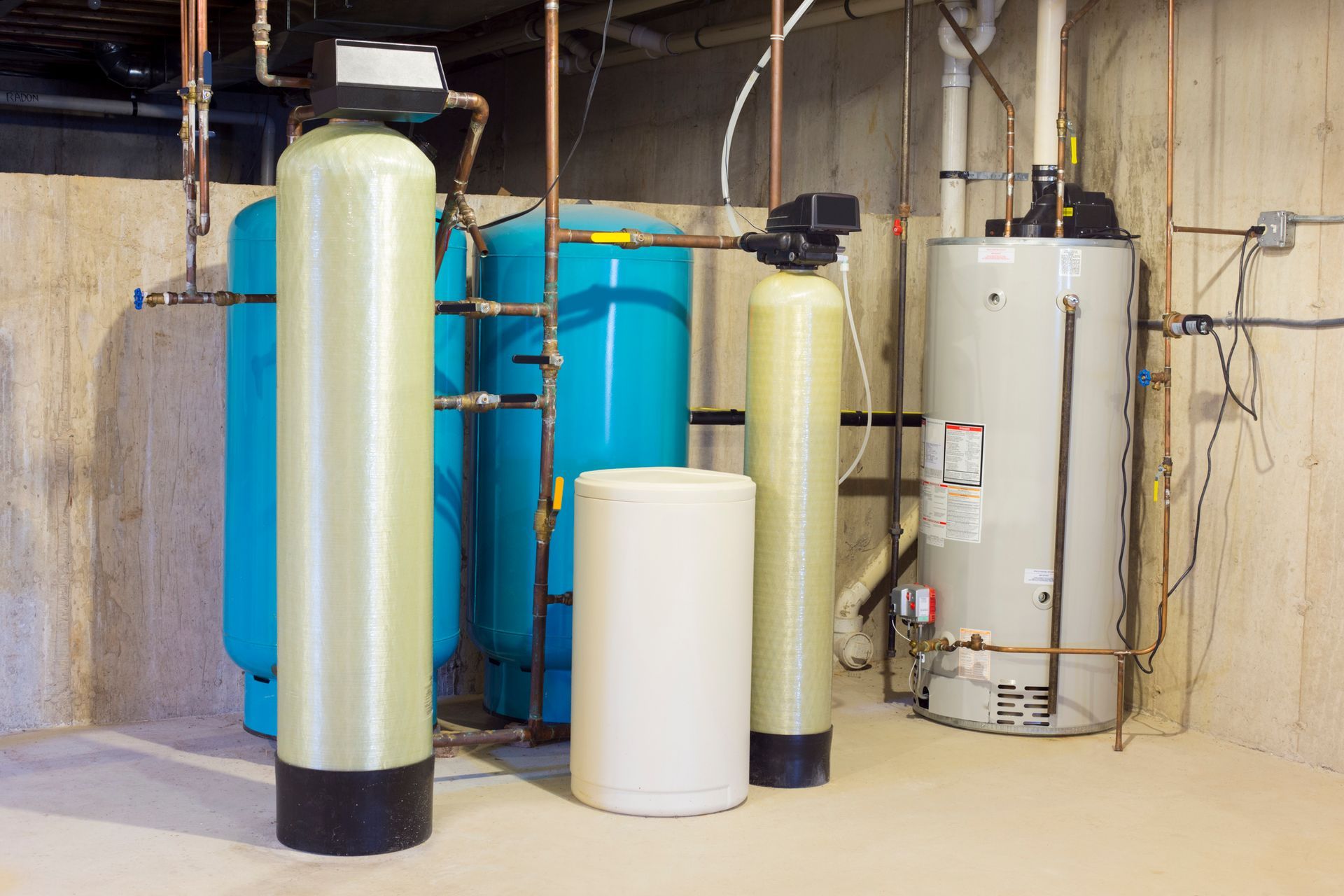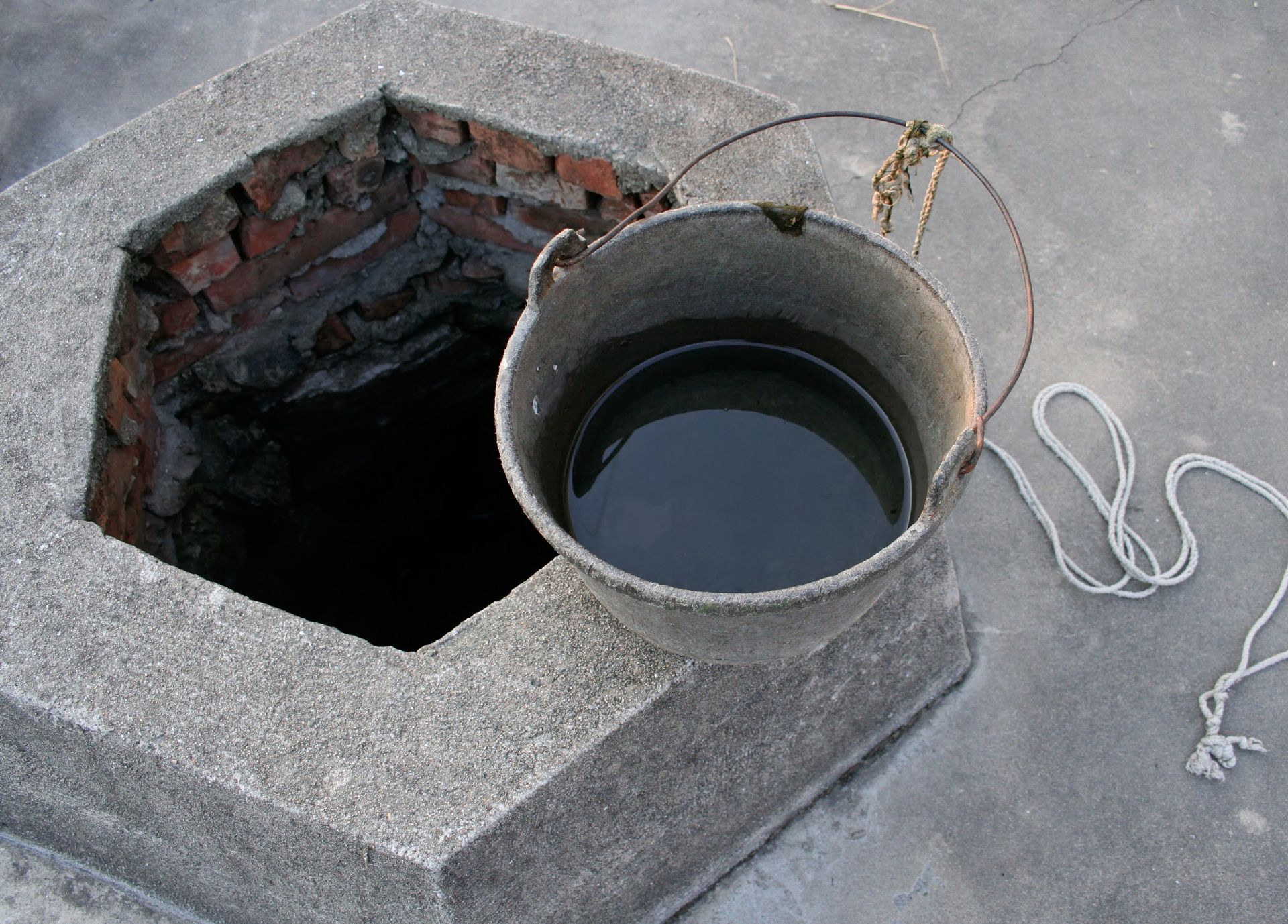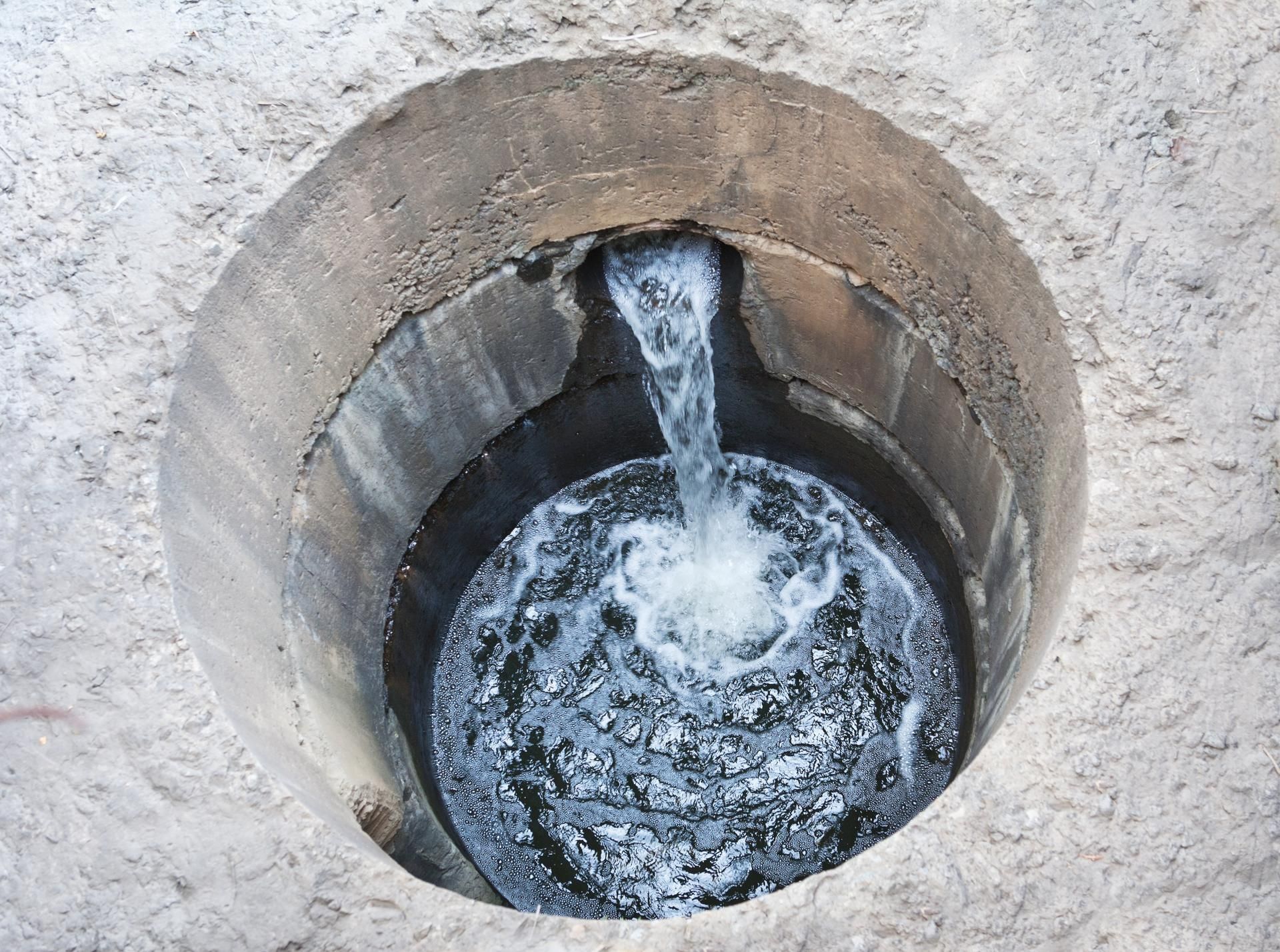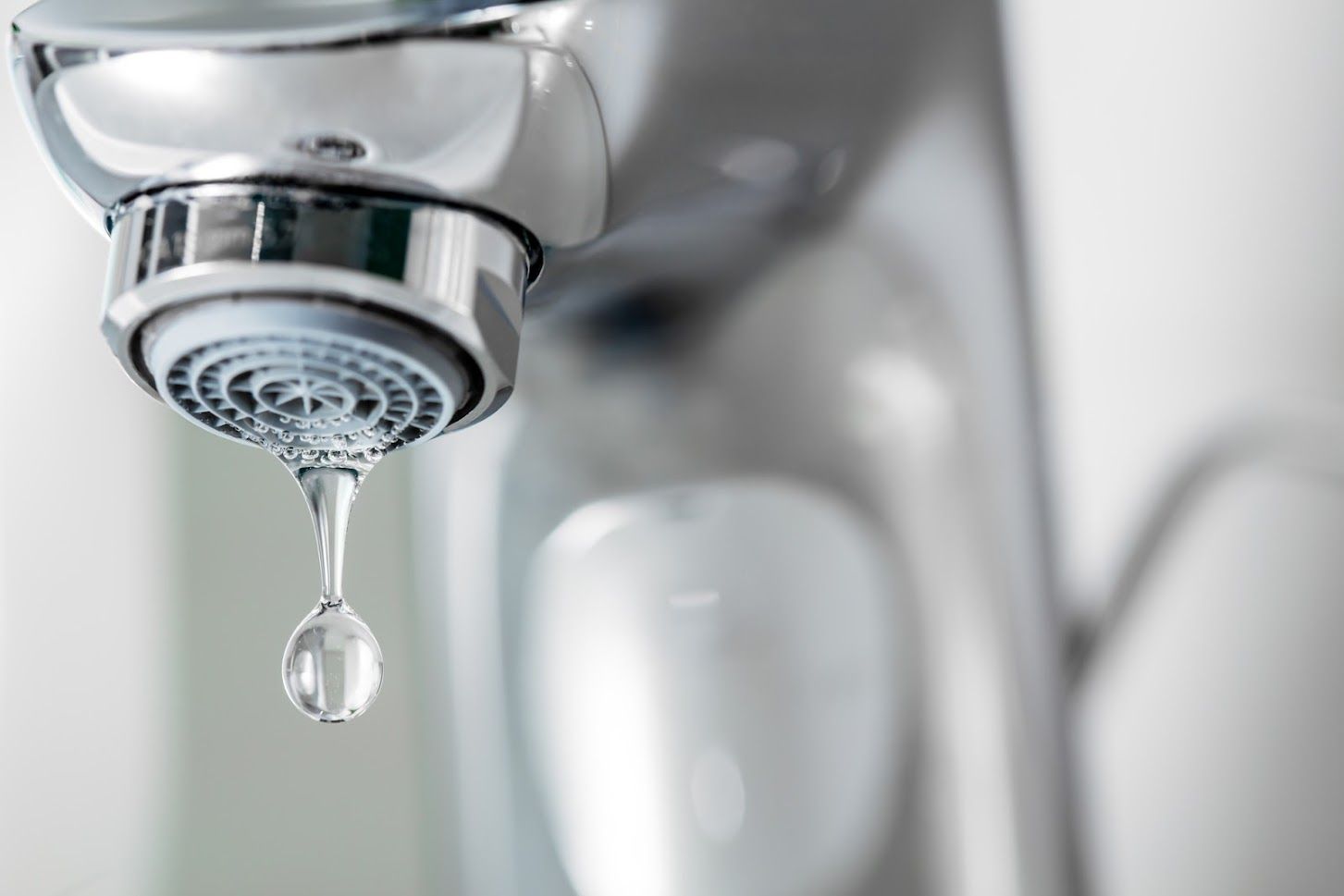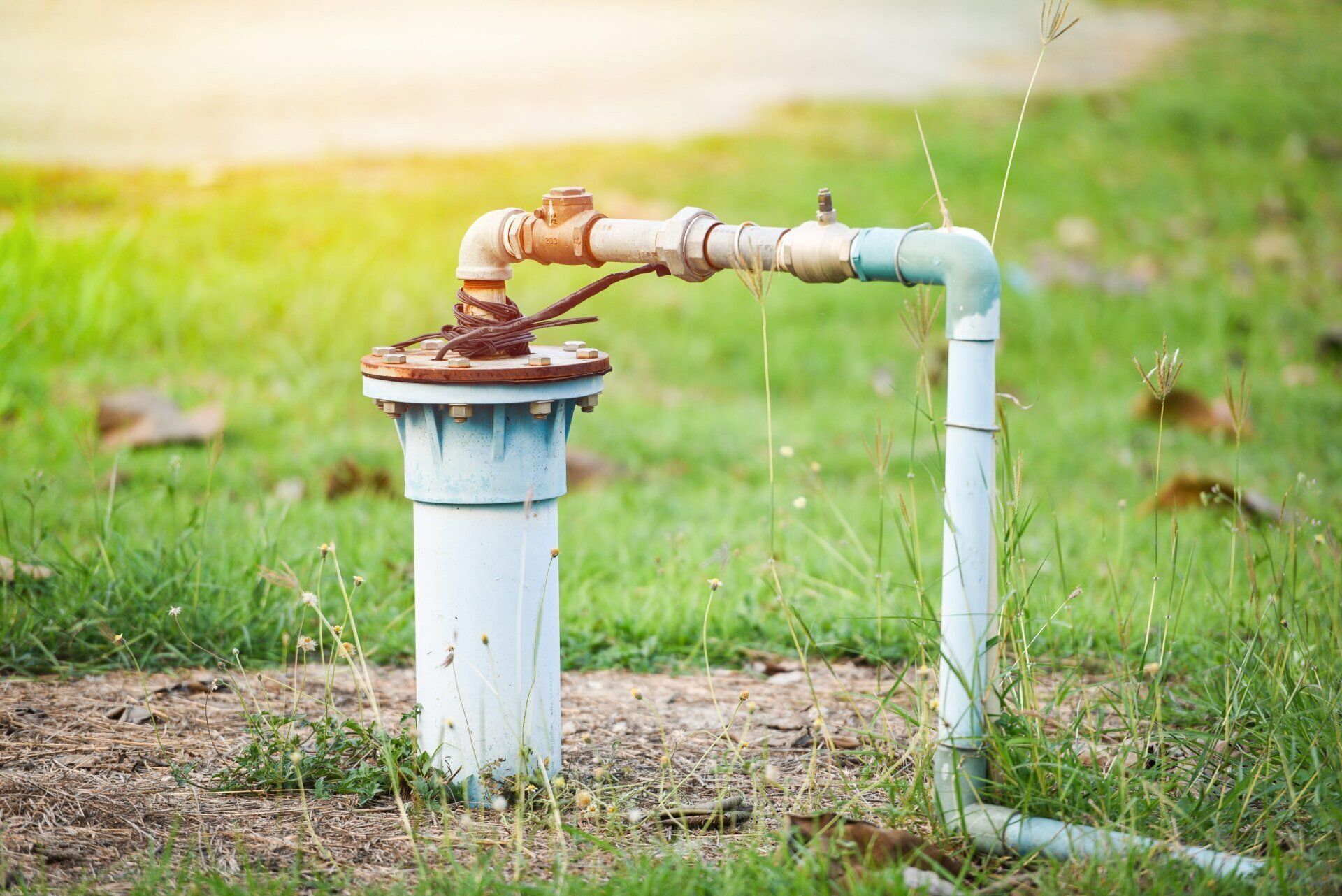4 Reasons to Install a Whole-House Filtration System for Your Well Water Supply

Many homes across the country are reliant on well water. In fact, the EPA reports that over 13 million households receive their primary water supply from wells. An efficient water filtration mechanism will improve the safety and quality of your well water supply. While there are many filtering systems to choose from, whole-house filters provide an all-in-one solution for dealing with untreated water.
Whole-house filters connect to your home's main supply line and actively filter heavy metals, pathogens, and bacteria from incoming water. If you need to improve the quality of your well water, here are four reasons why a whole-house filtration system is the best option.
1. Many Water Filtering Mechanisms to Choose From
Whole-house filters use various mechanisms to remove heavy metals, pathogens, and other contaminants from well water. For example, carbon filters work by using activated carbon blocks to attract and absorb parasites, lead, and bacteria. And because carbon filters are easy to install, you can lower setup costs and reduce installation times.
Whole-house systems also use reverse osmosis, water ionizers, and infrared filters to remove contaminants from well water. Reverse osmosis filters use pressure and a porous membrane to filter heavy metals and fluorides. Water ionizers leverage the polarity of water to induce an electric charge on the filter. In this way, some heavy metals and pesticides will bind to the filter if they're oppositely charged. Infrared systems use a combination of light and heat to kill bacteria and eliminate minerals from hard water.
2. Centralized Water Softening
Speaking of hard water, most wells contain water with a high mineral supply. This hard water could crystallize on your plumbing fixtures and cause blockage. You can avoid plumbing issues by installing a whole-house filtration system with in-built water softening. The water softening component uses a salt-free mechanism to remove minerals without discharging them into the environment. So if you have a septic tank, you won't have to worry about soil contamination after the water softening process.
Efficient water softening technology doesn't reduce your home's water pressure or waste the incoming water supply. And because the softening occurs on your main lines, you'll enjoy centralized water filtration and softening at the same time.
3. Advanced Iron Filtration
Iron is one of the most notorious heavy metals in well water. If left unchecked, iron may accumulate in pipes, infuse a metallic taste in drinking water, and even clog up your appliances. Effective iron removal involves more than just using standard filtration methods.
A whole-house iron filter can oxidize iron deposits and filter them into a separate holding tank. Some iron filters will also remove other heavy metals, such as manganese. Because the installation process is quick and convenient, iron filters only need minimal maintenance.
4. Higher Sanitation Standards
If you're concerned about sanitation in your well water, you can use a multi-stage filtering system. Multi-stage systems use a combination of filtration mechanisms to kill as many bacteria and pathogens as possible. For example, carbon, reverse osmosis, and resin filters work alongside chlorine injections to remove organic contaminants and inorganic particles.
A multi-stage process also results in fresh-tasting water that you can drink directly from the faucet. And because the filtration process is scalable, you can treat large quantities of incoming water to meet the demand of your home.
Whole-house filtration systems are an excellent solution for treating well water. Therefore, consider investing in effective filtration systems to improve sanitation and reduce maintenance costs. At Action Well and Pump, we specialize in a wide range of water well services. Whether you're having pump issues or you need a new filtration system installed, contact us to make sure the job is done right.
